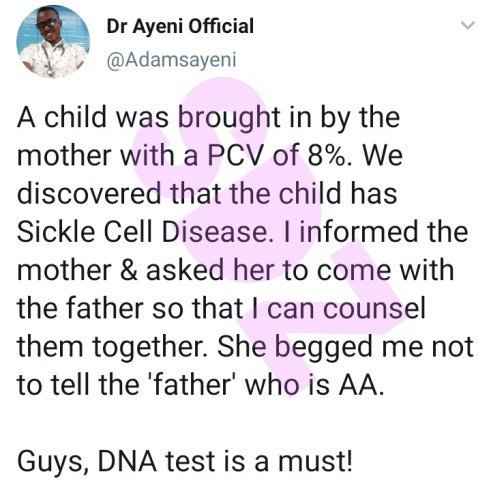- What is dyspraxia? 1/
- people with dyspraxia often struggle with gross and fine motor coordination
- this can make small actions like using scissors and make larger everyday activities like walking up the stairs harder
- it can cause you to fall over often. 5/
- people with dyspraxia often lack spatial awareness
- this can cause them to bump into objects and doorframes.
- if they are using hands expressively when talking, they might accidentally hit people in the face 6/
- people with dyspraxia often struggle with organisation
- this can present itself in forgetfulness and lateness
- this can be managed but still some things may slip through the net occasionally! 7/
- dyspraxic people may struggle to recall recent events and can be very forgetful.
-not sure what else to say about this one 8/
- people with dyspraxia often have a poor sense of direction, which can make finding places in new settings frustrating
- personally, this isn’t a problem of mine but I do focus on landmarks more than place names, which is apparently a bit odd. 9/
- dyspraxic people often have a hard time processing loud noises or environments in which a lot is going on.
- this can lead to them getting overwhelmed
- there may be aversion to particular textures, lights or sounds
- some may seem these out instead 9/
- dyspraxic people often think differently
- this can be described as going through all the alphabet rather than straight from a-b ( thanks for that great quote @HelenMcCallin)
- this can result in everyday actions being done in slightly different ways
11/
- dyspraxic people may struggle with planning.
- this goes hand in hand with the organisation problems (and probably should have gone in the tweet after organisation!)
- this can be from planning small actions to larger projects 12/
- a difference in social skills isn’t experienced by everyone with dyspraxia
- people with dyspraxia may struggle with social skills due to not really knowing what to say. This can be due to processing speed.
- they may pick one person in a group to talk to 13/
- people with dyspraxia may struggle to control pitch and tone (I got told to stop yelling multiple times as a kid despite the fact I thought I was talking at a normal pitch.)
- dyspraxia can cause problems with coordination of the mouth and vocal chords 14/
Anyway, if I got something wrong I apologise and not everyone with dyspraxia will experience every one of these symptoms. Everyone is individual.







